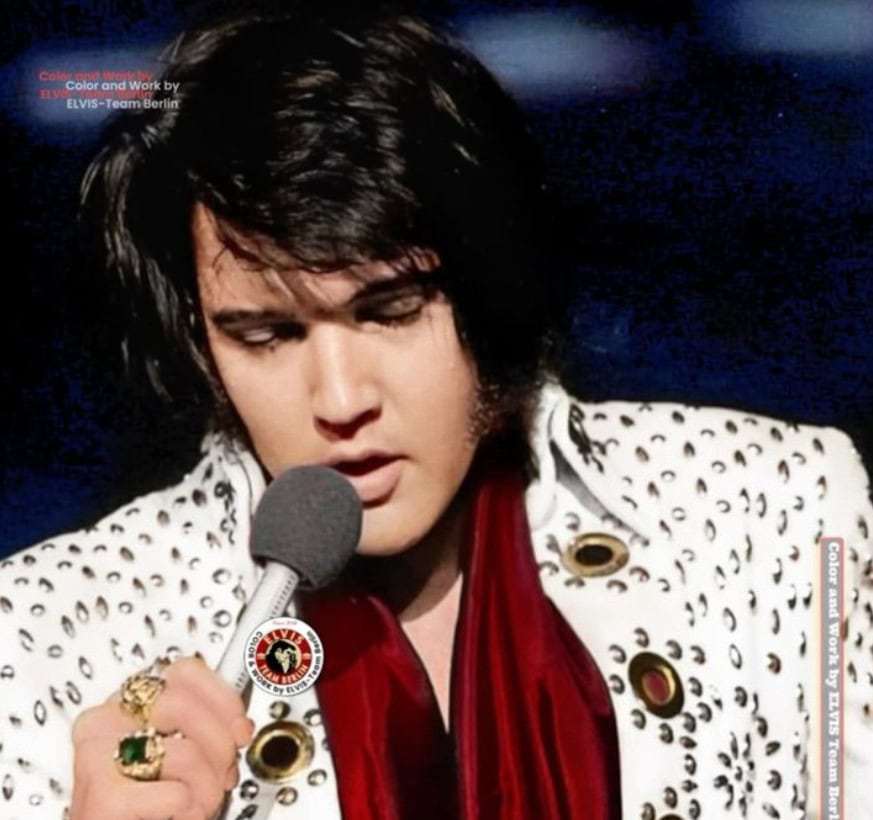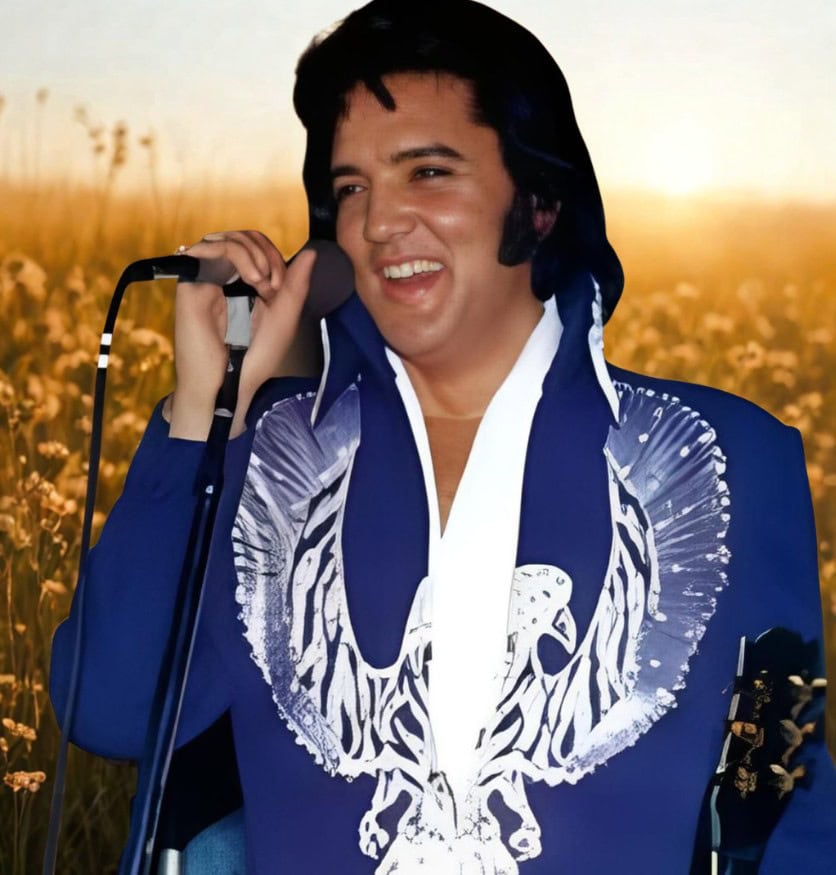
About the song
When Elvis shook his hips, the room didn’t just hear music—it trembled with possibility. Each subtle sway, each daring twist, carried a silent defiance, as if the ordinary rules of the world had momentarily slipped away. Audiences didn’t merely watch—they felt a stirring deep inside, an invitation to question what they accepted, to imagine what they could become. There was a secret electricity in the air, a whisper that courage could be playful, joy could be bold, and the human heart could beat loudly without apology.
Elvis wasn’t just performing; he was unveiling the raw, unpolished truths of being alive. His movements were a language of longing and risk, a conversation with anyone who had ever felt constrained by expectation. In dimly lit theaters or living rooms crowded with hope, strangers found themselves laughing, blushing, and daring to break invisible chains. The stage became a sanctuary where rebellion wore a grin and freedom wore sequins.
More than a dancer, Elvis became a mirror for a generation yearning to be seen. His audacity reshaped the air people breathed, altering music, fashion, and the rhythm of everyday life. Teenagers in quiet towns felt the thrill of possibility for the first time, sensing that the ordinary could be transformed, that expression was a kind of courage. By daring to be fully himself, Elvis offered a permission slip to millions: to feel, to dream, to move without restraint.
Even decades later, the echo of that first hip-shake pulses through culture and memory. It is not merely nostalgia—it is a reminder that small acts of defiance can ripple outward, that joy can ignite change, and that music, when wielded with honesty, touches the hidden chambers of the soul. Elvis didn’t just dance; he awakened the world to the electric poetry of being alive.
